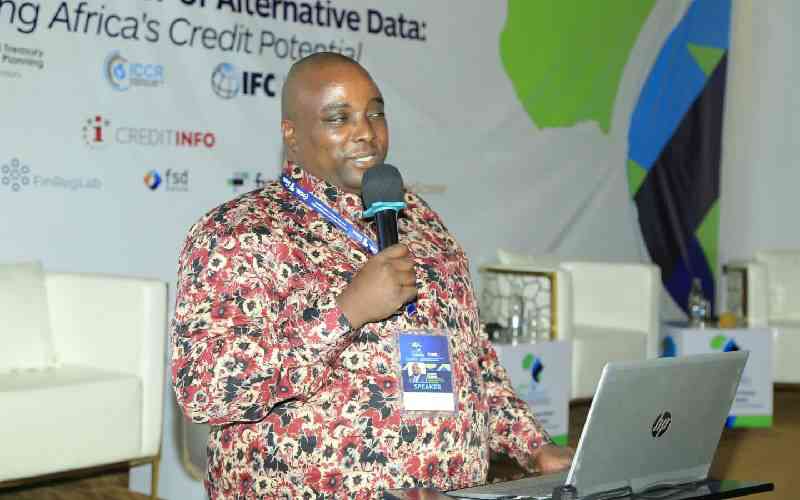×
The Standard e-Paper
Kenya’s Boldest Voice

There has been a high demand for agricultural loans but only a few people can access it, it has emerged.
George Kubai, Managing Director for the Agricultural Finance Corporation (AFC) said the deficit is caused by resource constraints.